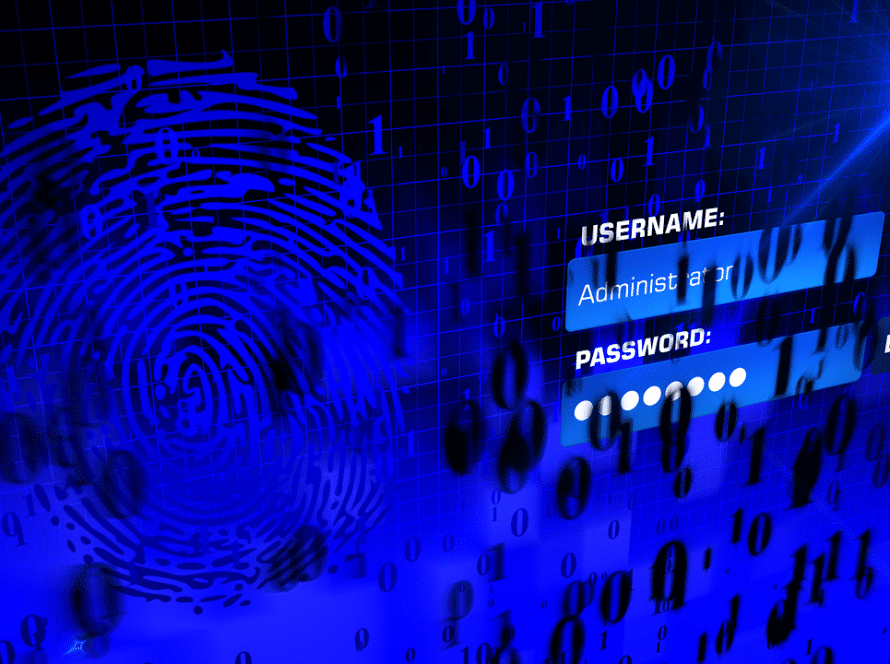 The Internet: A Wealth of Knowledge and Lies
The Internet: A Wealth of Knowledge and Lies
The Internet is a great and wonderful tool. I use it constantly in my job to look for information, updates, and general tips and tricks. One thing I learned a long time ago that a lot of people seem to be oblivious to is that anyone can post anything online, whether it is true or not.
It is important that you approach all information with caution, and it is helpful to have a little working knowledge of your topic. If you know nothing, use a reputable site. For example, if you’re looking for iPhone info, you can trust the real Apple site.
What has sparked my thoughts on this is that thousands of people have been injured and almost a thousand have died from COVID-19 remedies they found on the Internet. There were numerous online postings about miracle cures, and most ended up on Twitter or Facebook.
They included: spraying yourself with chlorine to prevent coronavirus, drinking large amounts of alcohol or bleach to cure coronavirus, and spreading Vaseline around your nose to filter out the virus. There are numerous others that range from disgusting to odd to just crazy.
If there was an easy cure or prevention that had been uncovered to ease the pandemic, I am confident that every news organization and TV channel would have had wall-to-wall coverage on this miracle. However, there were people who downed a bottle of bleach with tragic results.
Sometimes, The Consequences Are Less Serious (But Still Not Helpful)
These type of hoaxes have been around for probably as long as the Internet. People like to see what havoc they can cause. The old method of telling an urban legend at the local watering hole to five people can now be told to millions, increasing the likelihood that someone will believe it.
For example (THE FOLLOWING STATEMENT IS NOT TRUE. DO NOT DO THIS, EVER.), there was a post that detailed a new feature called WAVE during the iOS 8 release. WAVE “charged your phone in the microwave.” It did not. In fact, microwaving your phone will only lead to you needing a new phone, a new microwave, and a lesson on fire safety when the firemen answer your frantic 911 call.
There are also posts that are not harmful, but just as ridiculous. My colleagues-at-the-time and I used to watch a satirical YouTube channel, which no longer exists because people did not catch the satire portion. The channel would share “tricks” and “hacks.” One of which involved wrapping foil around the cable that goes from your cable modem to your router, then shining a flashlight at the end of the cable for two minutes. This “boosted your Internet speed.” Based on “the laws of physics,” of course.
This Includes Wikipedia…
The last area that amazes me is how many people use Wikipedia as if it were a factual encyclopedia. It is a great source and you can factcheck the footnotes, but as a community-developed content platform, anyone can post. The false information is not always caught. I could post information on a “fusion gene” and that information could get published, citing my page. I guarantee the information is wrong as I do not know what a “fusion gene” even is.
Again, the Internet is a great and wonderful thing. But, like any tool, please use some common sense and proceed with caution. Trust doctors and scientists, not Facebook posts.
(Image Source: iCLIPART)

 The Internet: A Wealth of Knowledge and Lies
The Internet: A Wealth of Knowledge and Lies
